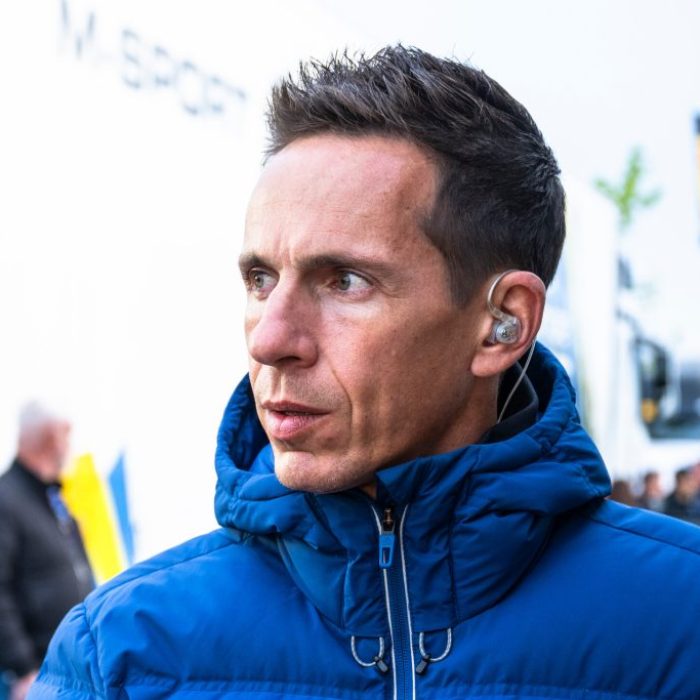The World Rally Drivers Alliance (WoRDA), which was formed in the aftermath of Adrien Fourmaux’s fine for swearing during this year’s Rally Sweden, has reached an agreement with motorsport’s governing body on how penalties will be applied in future.
Hyundai driver Fourmaux was fined €10,000, with a further €20,000 suspended for 12 months, after swearing at the stop control for Rally Sweden’s final stage while being interviewed on the WRC’s global TV feed. Having crashed into a snowbank and retired the day before, Fourmaux expressed his frustration by saying: “We f***ed up yesterday.”
That led to WRC drivers either not making stage-end comments at all, or only doing so in their native language, during last month’s Safari Rally Kenya. Drivers were unhappy at how Appendix B of the International Sporting Code – which polices public discourse by competitors – was being implemented, considering the differences between rallying and other forms of motorsport in terms of when and where drivers are interviewed.
After meetings between WoRDA and FIA – spearheaded by eight-time world champion co-driver Julien Ingrassia for WoRDA and FIA road sport director Emilia Abel for the governing body – a compromise has been reached, with certain environments during a WRC round no longer subject to the same level of scrutiny from rules around competitor language.
“We are very pleased to report agreement was reached after recent weeks of discussion between WoRDA members and the FIA,” Ingrassia told DirtFish. “This is the result of positive and encouraging meetings with Emilia Abel, who has been the main point of contact with the FIA and has shown plenty of consideration to reach this agreement.

A common objective has now been reached: to follow the regulations laid out in Appendix B as closely as possible, while leaving enough room for the emotions and authenticity that rally fans expect.Julien Ingrassia
Ingrassia explained the compromise reached between the drivers and the FIA: “The rally will now be divided into two zones: one is a controlled zone, one is an uncontrolled zone. The latter is based around heat-of-the-moment areas such as stage ends, onboard cars during the stages or on road sections. Controlled sections are, for example, the media zones and the post-event FIA press conferences. This is not a change to Appendix B [of the FIA International Sporting Code], which cannot be modified in 2025; rather, this is an agreement between the FIA and WoRDA.
“We’re really pleased to find a solution. As was the case in Formula 1, adjustments were needed to take into consideration some of the unique aspects of our discipline. A common objective has now been reached: to follow the regulations laid out in Appendix B as closely as possible, while leaving enough room for the emotions and authenticity that rally fans expect. Only swear words are targeted in this agreement; WoRDA agrees that violence and gross misconduct has no place in our sport.
“This will be enacted immediately, from this week’s Rally Islas Canarias.”
Only two drivers have suspended fines for violations of Article 12 of the FIA International Sporting Code. Fourmaux’s Sweden fine is one; the other is Sébastien Ogier, who was given a suspended €30,000 fine for his reaction to hanging dust on the opening stage of last year’s Acropolis Rally Greece during his stage-end interview. That suspended period ends on September 8 this year.





